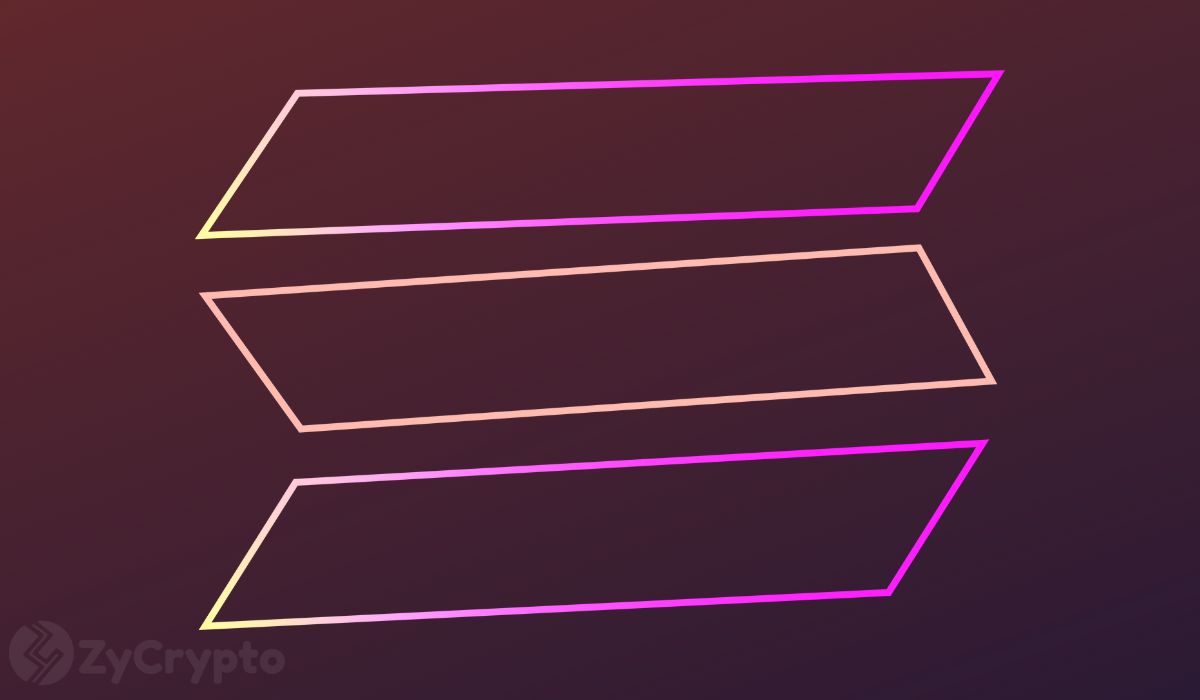On April 15, Solana announced the launch of a significant update, version 1.17.31, aimed at enhancing the performance and efficiency of transactions on its blockchain network.
According to Solana’s statement on Twitter, the newly added feature “stake-weighted Quality of Service” will prioritize 80% of connections for validators participating in the network, enabling block producers to process transactions from these validator nodes first.
“The v1.17.31 release is now recommended for general use by MainnetBeta validators. This release contains enhancements which will help alleviate the ongoing congestion on the Solana Network,” said Solana.
What is QoS? How Will It Combat Solana’s Congestion?
QoS is a networking concept that allows prioritizing certain data traffic to achieve greater reliability and performance, as Timothy Garcia, Validator Relations Lead at The Solana Foundation, explains.
“QoS in terms of Solana is a certain set of connections made to a validator’s TPU port (transaction processing unit) that can only be used by other staked validators. In the current implementation, 80% of connections are reserved for QoS, the other 20% can be used by anyone,” Garcia stated.
The Solana developer pointed out that the motivation behind QoS is to prioritize “good” connections during periods of high network traffic. The idea is to incentivize validators with stakes to use these prioritized connections to send useful transactions. However, it’s important to note that QoS connections are not directly related to block transaction inclusion.
Garcia used a nightclub analogy to explain this distinction. He said that QoS connections are like VIP lanes or lanes for members that take you to the club, but once there, the doorman (programmer) decides who gets in and who doesn’t, regardless of the route you took. Even if you try to “bribe” the doorman with a priority fee, it won’t matter if your transaction never arrived due to network congestion.
While the QoS update does not guarantee inclusion, it does increase the likelihood of the network leader seeing the user’s transaction. End users will likely benefit from this feature when using their favourite decentralized applications on Solana.
This update is one of the first solutions proposed by Solana developers to address the congestion issues the network has faced due to its design, which does not have a traditional mempool for pending transactions.
At the time of writing, SOL is trading around $133 after falling 2.9% over the last 24 hours and 25.7% over the week.


